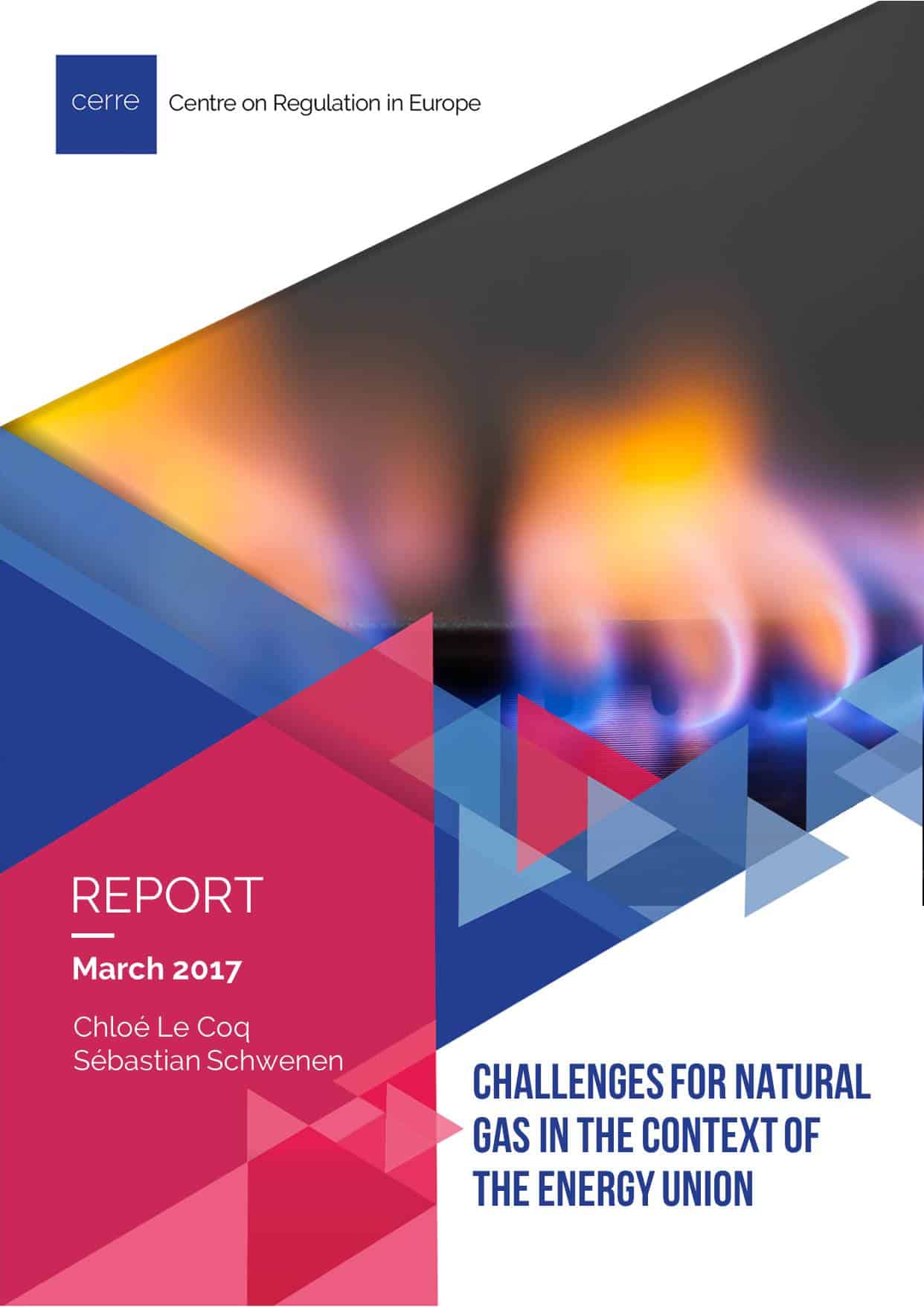and University Paris Panthéon-Assas (Dept. of Economics & CRED)
Chloé Le Coq is Professor of Economics at Université Paris-Panthéon-Assas (CRED) and Research Fellow at the Stockholm School of Economics (SITE). She is a Member of the Scientific Advisory Board DIW Berlin and a Member of the Scientific Committee Chair ETI LAB -Mines Paris (since 2022). She is involved in the university incubator AssasLab. She has held visiting positions at Purdue University, the University of California Energy Institute at Berkeley, and the National University of Singapore.
Her research investigates topics related to antitrust policy, industrial organization, and behavioral economics, with a particular focus on energy markets and social innovation. Her recent work includes empirical studies on cartel formation, information structure in electricity markets, and experimental studies of social entrepreneurs.
Chloé Le Coq is Professor of Economics at Université Paris-Panthéon-Assas (CRED) and Research Fellow at the Stockholm School of Economics (SITE). She is a Member of the Scientific Advisory Board DIW Berlin and a Member of the Scientific Committee Chair ETI LAB -Mines Paris (since 2022). She is involved in the university incubator AssasLab. She has held visiting positions at Purdue University, the University of California Energy Institute at Berkeley, and the National University of Singapore.
Her research investigates topics related to antitrust policy, industrial organization, and behavioral economics, with a particular focus on energy markets and social innovation. Her recent work includes empirical studies on cartel formation, information structure in electricity markets, and experimental studies of social entrepreneurs.




